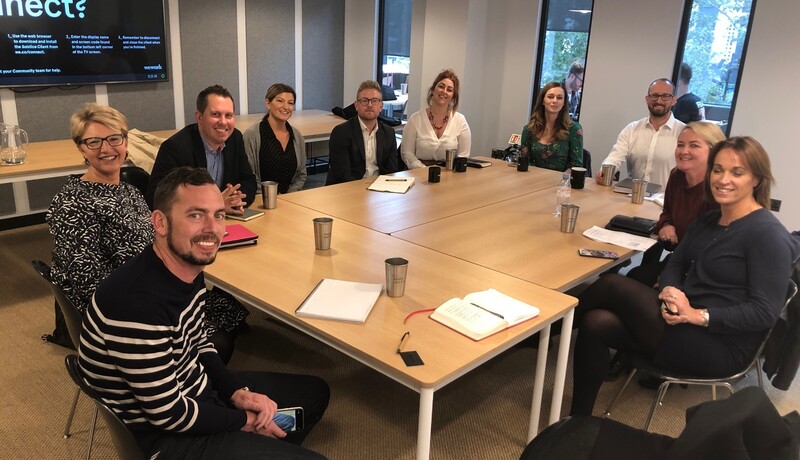Flexible working: Where is it heading?
By Charlotte Woodward, Director of People Services
With the lines between work and personal life blurring (largely thanks to technology), a recent survey reported that 54% of workers value their work location over other impressive achievements such as company prestige. Also, an overwhelming 83% of workers around the world would turn down a job that didn’t offer flexible working - with Millennials being the most likely of all age groups to favour one job over another for its flexibility parameters.
But flexible working isn’t just a benefit that impacts potential new hires – flexible working will go a long way to reduce attrition rates and keep employees from looking elsewhere too. Earlier this month, Women in Recruitment (WiR) held a Business Leaders Breakfast to discuss this very relevant topic of today. The “Embracing Flexible Working” breakfast discussion was chaired by Julie Bowen from SThree, and other inspiring pro-female industry business leaders in attendance*.
What was the general consensus?
Before we explore whether flexible working should be a benefit or a necessity, we arrived at several conclusions:
In the world of recruitment, flexible working isn’t a ‘one size fits all’.
Especially for certain functions, flexible working solutions would be more straight-forward for non-client facing roles, than say for 360 sales-related roles.Trust and autonomous empowerment are important.
If you’re not able to trust your employees to do the work when they’re at home, are they the right candidate for the job?The way leaders work defines the culture.
Upper management will always be the organisation’s role model. How they work will be watched by all and sets a definitive standard for the rest of the organisation.It’s important to identify the difference between an employee’s ‘want’ vs. ‘need’ to work flexibly, and to what degree.
Because everyone approaches flexible working differently, providing it as a benefit to those who, for example, need to concentrate on getting work done under time-pressured circumstances, could be distinguished from those that need flexible working, such as being a working parent or carer.Guidelines ‘do’ work for informal flexible working arrangements.
While everyone’s situation is unique, employers may benefit from issuing broad guidelines as to what flexible working means to their business, so as to clarify misconceptions with their employees.
There were still some debates surrounding certain areas of flexible working.
Trusting inexperienced employees
Even though empowering employees with autonomy and trust was the general consensus, there were also concerns surrounding providing inexperienced workers with the same level of trust as seasoned employees while learning on the job.Formal versus informal arrangements
There were differing views surrounding what sort of lead time an employee had to give if they needed to work flexibly was considered acceptable (i.e. five days ahead of time vs. the night before).Technology
Safeguarding data security is becoming a growing issue and could prove to be a challenge for organisations that utilise more secure systems that may not allow employees to work from home.
All in all, with Millennials making up 75% of the global workforce in 2025, it’s safe to say that flexible working solutions will inevitably become an ever-increasing expectation from employers – and it’s safe to say the benefits far outweigh any concerns.
*Big shout out to our lovely group of industry colleagues who attended the breakfast: Natasha South from Camino Partners, Kath Reynolds from Balance Recruitment, David Annable from Franklin Fitch, Louise Deverell-Smith from The Daisy Chain, Sally Davis from 1st Executive, David Farmer from Harnham, Chis Jackson from Understanding Recruitment, Ricky Wheeler from Cube19 and Lauren Harris from X4.
At Guidant, we support over 80% of our people with flexible working solutions tailored to their individual needs. Be a part of our inclusive and supportive family >
